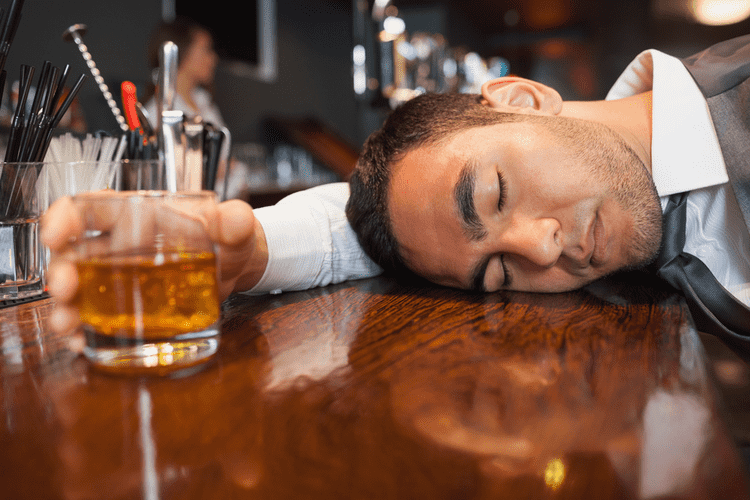Learn about how alcohol-induced shakes and tremors can occur as a hangover or withdrawal symptom after heavy drinking; And, tips for how to stop the shakes. If you or a loved one is struggling with alcohol addiction, contact a treatment provider today to learn more about your treatment options. As important as trusted support is during detoxification and your treatment program, it is equally important after treatment. Staying hydrated throughout detox helps flush toxins from your body, which may lessen shakes, as well as relieve other withdrawal symptoms. You can improve your cellular metabolism by adding some drinks with electrolytes to restore the imbalance caused by alcohol.
- And by all means, avoid the sugar snacks that you’ll crave once you start detoxing.
- If you suffer from alcoholism and are going through alcohol withdrawal, it’s crucial to be aware that alcohol tremors are a potential side effect.
- Experiencing any form of alcohol withdrawal can point to an unhealthy relationship with alcohol.
- However, long-term alcohol abuse can cause brain, nerve, and liver damage, which may result in permanent tremors.
Sustained Recovery

Alcohol withdrawal syndrome can be life-threatening if your blood pressure and heart rate are not managed during the detox process. Inpatient or outpatient addiction treatment typically involves counseling, evidence-based behavioral therapy, and aftercare support. Some individuals may experience alcohol tremors after a period of abstinence. Alcoholics in recovery who have been sober for one year may sometimes experience alcohol tremors at odd intervals throughout the day. Recovering alcoholics may acquire a permanent postural tremor defined by the inability to maintain a precise position, such as standing on one foot or extending an arm for prolonged periods. The first, mildest withdrawal why do i shiver when i drink alcohol stage often occurs six to 12 hours after the last drink.
Inpatient Opioid Rehab in Georgia
Eating a balanced diet, exercising regularly, and getting plenty of rest can help to reduce the severity of the shakes and help to prevent relapse. The severity of alcohol withdrawal symptoms, including tremors, varies due to factors like the amount and duration of drinking, genetics, overall health, and prior occurrences. If you’re concerned that your tremors might be the result of withdrawal, it’s best to reach out to a healthcare professional. While you can usually manage alcohol withdrawal syndrome on your own, it can be quite uncomfortable. Plus, in some cases, it can involve more severe symptoms, like mental confusion, hallucinations, or seizures. Alcohol shakes are caused by a disruption in the body’s normal balance of neurotransmitters, which can lead to tremors and shaking.
Signs You Need to Seek Help for Addiction
Managing and treating alcohol shakes involves a combination of medication, supportive care and long-term strategies to address the underlying Alcoholics Anonymous causes of alcohol dependence. Prioritizing self-care activities is essential in addressing stress and reducing alcohol shakes. Making time for hobbies you enjoy, ensuring you get enough rest, and practicing relaxation techniques that resonate with you’re key. During alcohol withdrawal, the body struggles to cope with the sudden absence of alcohol, leading to imbalances in neurotransmitters such as GABA and glutamate. These neurochemical changes can trigger alcohol shakes, predominantly affecting the hands but potentially spreading to other body parts.

Alcohol, as a depressant, enhances the effects of gamma-aminobutyric https://ecosoberhouse.com/ acid (GABA), which is responsible for calming the brain. Along with the sedative effects, it also reduces the effects of glutamate, which promotes excitability. Unlike other clinics, our focus is providing you with a kind of care that is specific just to you. This means implementing holistic recovery activities that you enjoy and avoiding certain things that you don’t like.
